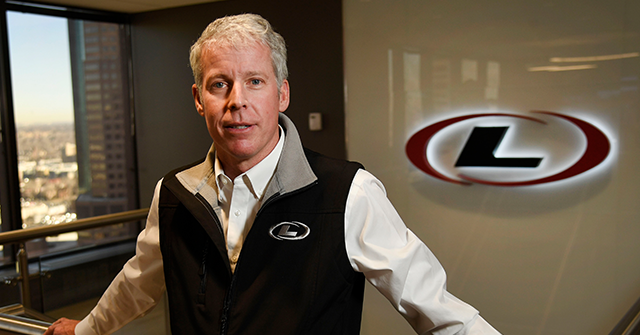In the wake of Hurricane Helene’s devastation in North Carolina, families are facing harsh realities—loss of homes, livelihoods, and critical utilities such as power. The aftermath of the hurricane has ignited national discussions about energy production and climate change, challenging conventional narratives and calling for informed leadership. President Trump’s nomination of Chris Wright as Secretary of Energy has particularly sparked controversy, not due to any extreme proposals but rather for his practical, fact-based approach to energy policy. Wright is perceived as a threat to established climate narratives, as he emphasizes the historical complexity of climate change and advocates for rational, sustainable energy solutions rather than fear-driven policies.
Wright highlights the dangers of fear-based rhetoric in climate activism, arguing that it often results in unrealistic policies that may lead to adverse outcomes. This fear can easily manipulate public perception and generate opposition against practical solutions. By recognizing that climate change is an ongoing process influenced by multiple factors, Wright provides a counter-narrative to the often sensationalized views that dominate the climate discussion. He emphasizes the need for a balanced approach in energy policy that seeks realistic solutions for both current demands and future advancements, a viewpoint that contrasts sharply with the alarmist tactics of some environmental activists.
The climate conversation is further complicated by the interests of environmental organizations that benefit from fostering panic and aligning with fear-driven agendas, such as the Green New Deal. These groups often resist challenges to their orthodoxy, labeling dissenters as “climate crisis denialists” without accommodating valid scientific discourse. Educational organizations like PragerU have emerged as platforms for these alternative voices, striving to shift the narrative toward dialogue and rationality centered on scientific inquiry. PragerU aims to counteract the fear-mongering tactics used by climate activists, promoting a diverse range of expert opinions and inviting examination of fundamental questions about climate, energy safety, and the viability of various sources of energy.
PragerU also faces significant pushback from activist groups that perceive their mission to present alternative viewpoints as a threat to their influence. The public’s increasing awareness of the lucrative climate activism industry and its reliance on catastrophism has led to a more vehement critique against organizations like PragerU and individuals such as Chris Wright. The entrenched climate lobby attempts to delegitimize any dissenting voices while failing to acknowledge the vital role fossil fuels continue to play in supporting essential industries and providing energy access in developing nations.
Challenging the dominant fear-driven climate narrative necessitates courage and innovative thinking that break free from established doctrines. It is possible to safeguard natural resources without succumbing to the catastrophizing that drives hasty policy-making. Acknowledging the complexity of energy issues, we must advocate for informed, innovative solutions that meet the needs of all stakeholders, not just the most vociferous advocates. This shift requires a collective commitment to engage in constructive discussions based on facts, rather than falling prey to emotional manipulation.
Amid this evolving landscape, a notable political and cultural shift appears to be underway, as more individuals engage critically with fears surrounding climate change. Increasingly, the American public leans toward realities grounded in science and pragmatic policies aimed at fostering prosperity. Engaging with facts and moving beyond rhetoric is essential for future progress. The dialogue around energy and climate must embrace critical thinking and rational discourse, as the stakes are undeniably high for the future of America and the planet. By promoting intelligent discourse, organizations like PragerU strive to empower individuals and inspire a reconsideration of how we address these crucial issues.

